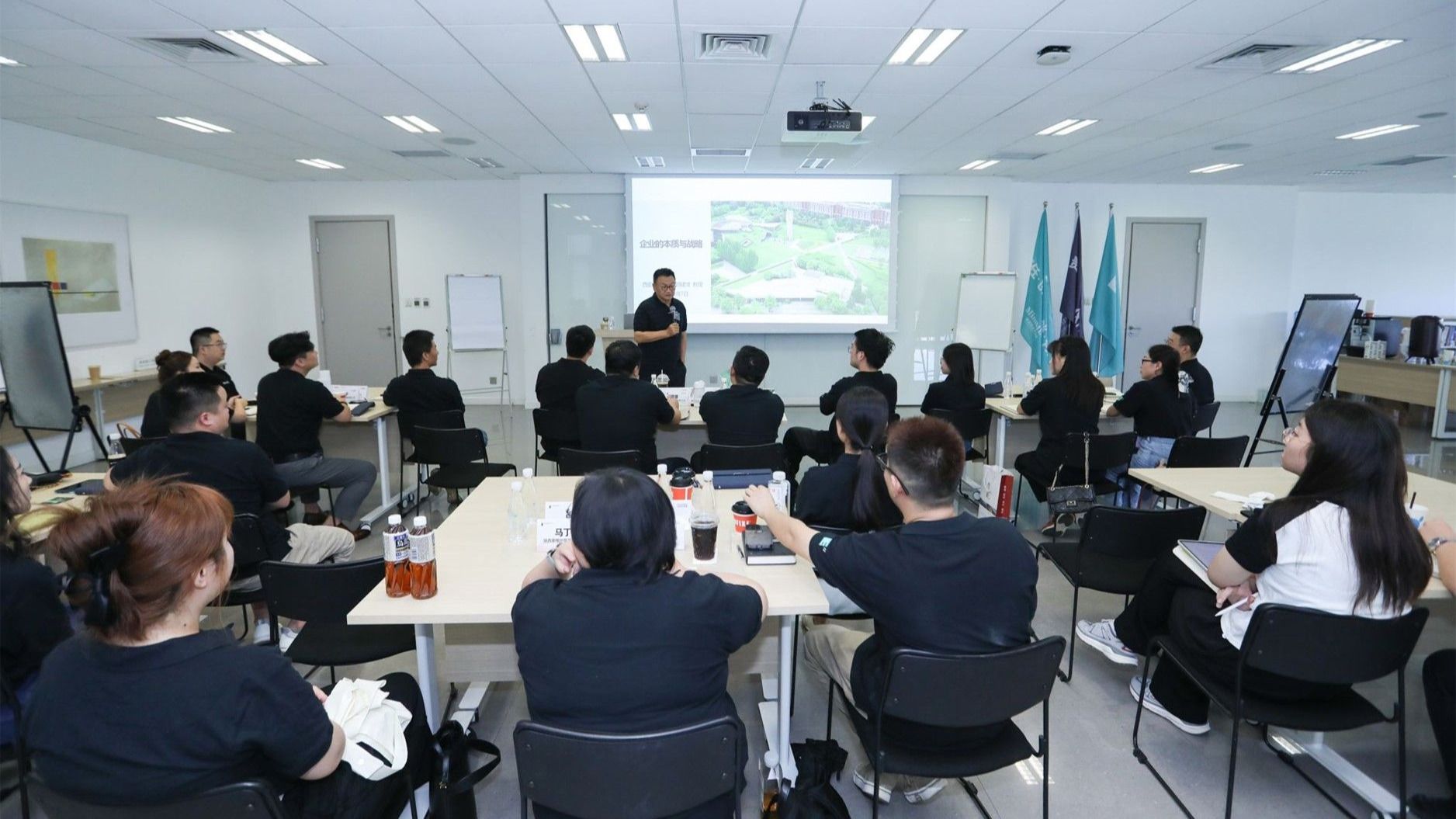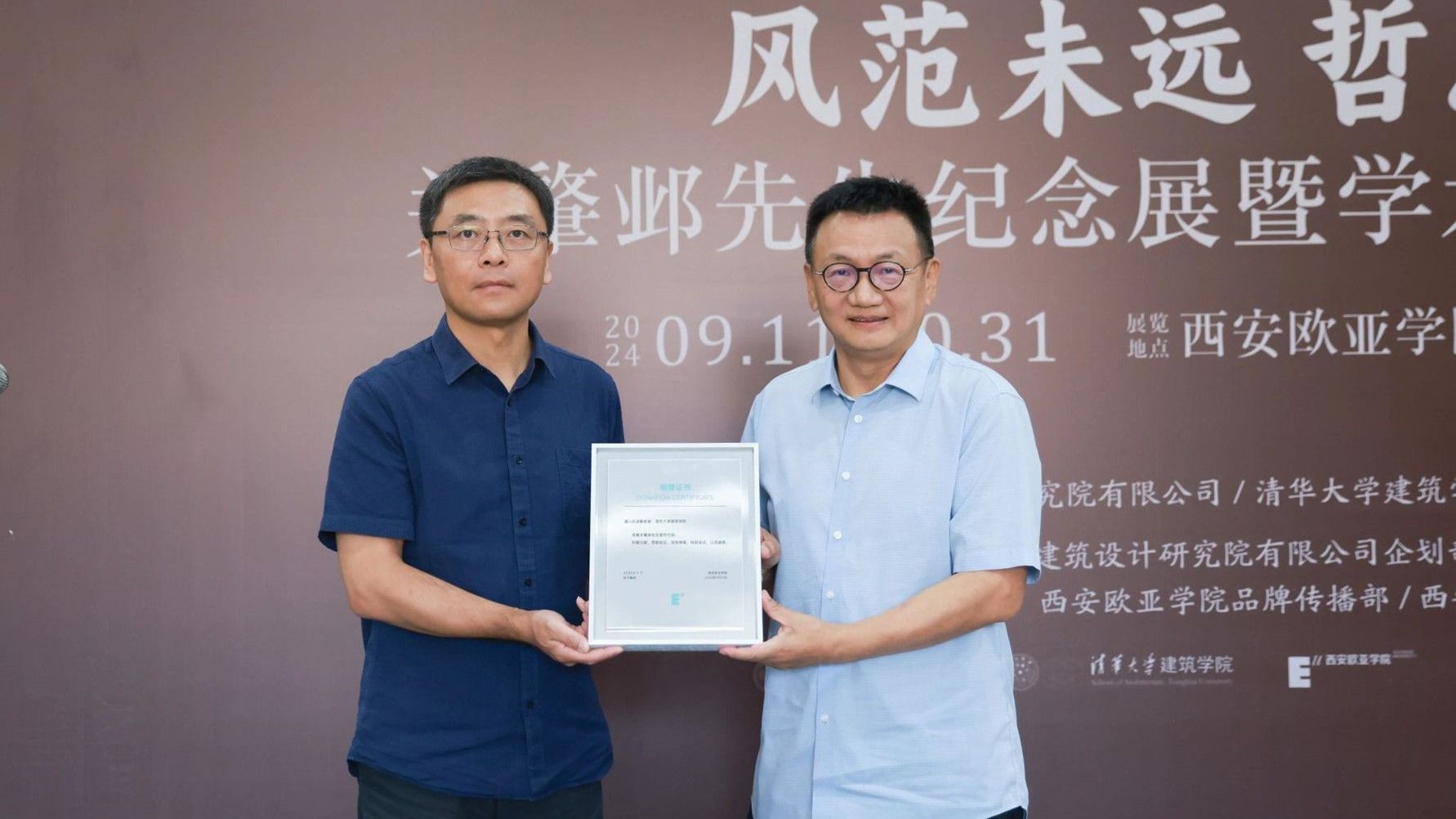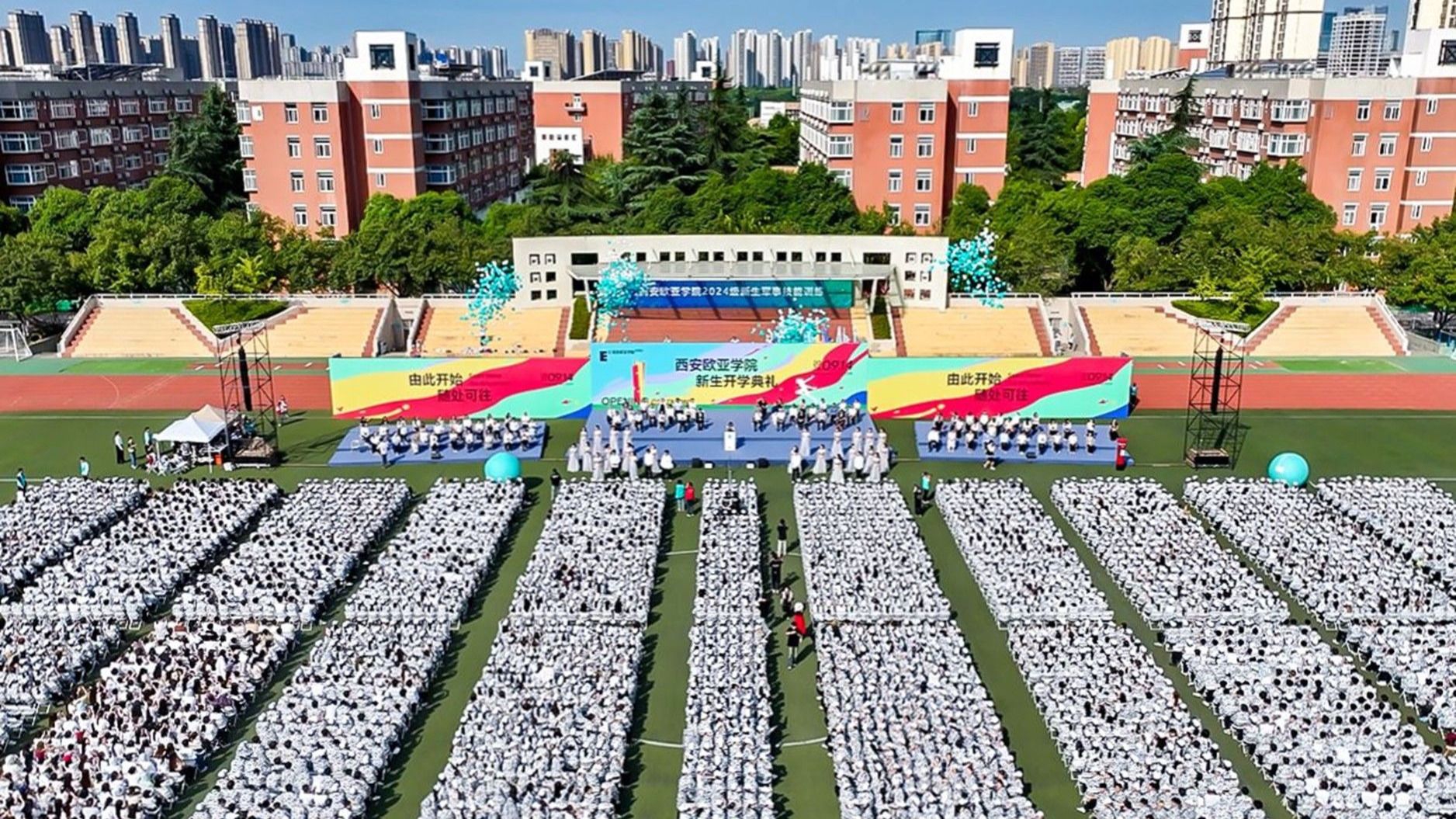The release of ChatGPT-4 has caused some media workers to worry about whether they will be replaced by ChatGPT in the future. On March 16, 2023, Han Fudong, a senior media professional and columnist, visited the School of Culture and Media at Xi'an Eurasia University, bringing his latest thoughts on the era of artificial intelligence. The lecture titled "The Future of Media from the Perspective of Evolutionary Biology" strike a chord in the minds of students of the School of Culture and Media.
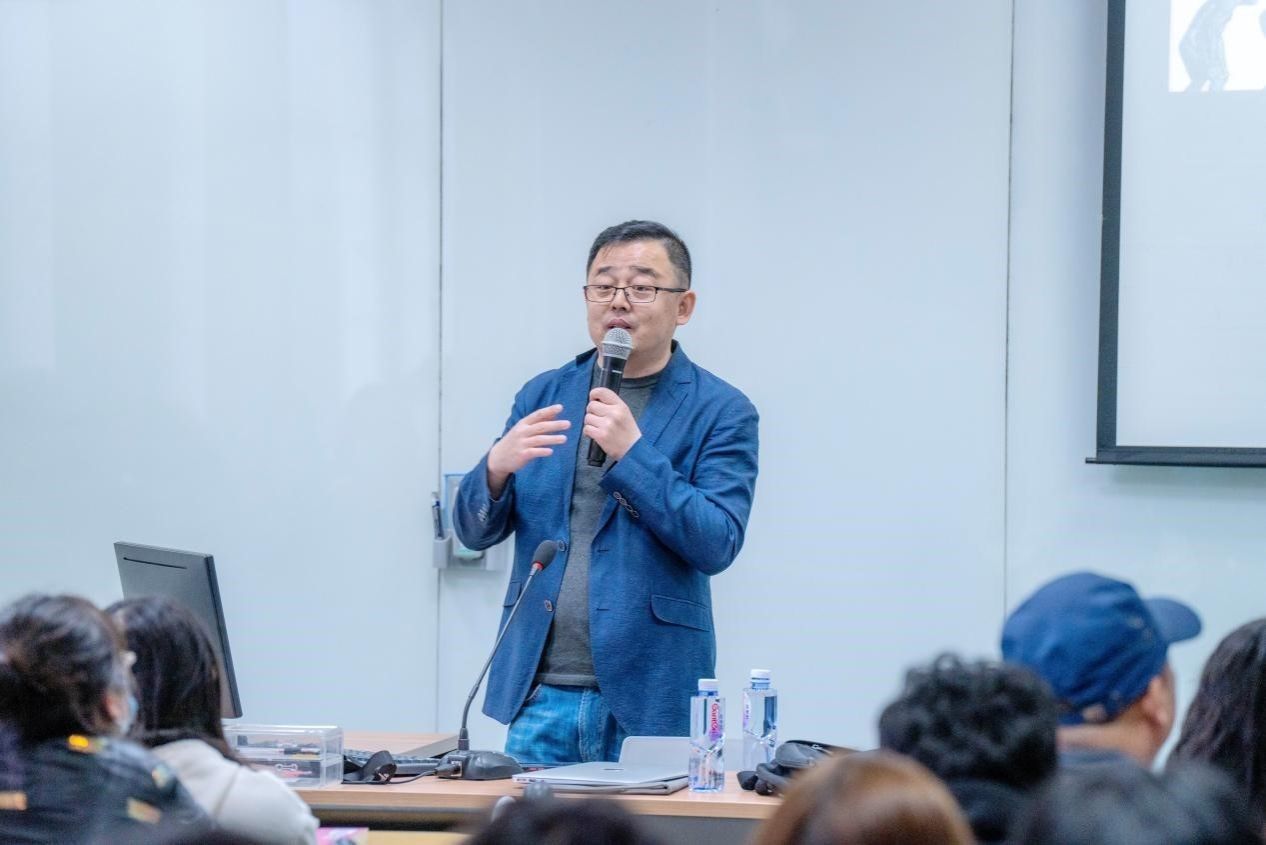
(Fig. 1) Lecturer Han Fudong
"I've experienced the golden age of media"
Han Fudong, a media professional, columnist, and Contract Research Fellow of Sina Think Tank, entered the media industry in 2002 and has worked for China Times, China Weekly, and ifeng Weekly. He joined the in-depth reporting department of Southern Metropolis Daily in 2005 and was named the Chief Reporter of the Newspaper in 2008 and the Journalist of the Year of Nanfang Media Group in the same year. As a self-publisher and columnist, Han Fudong has long been active in various news media, commenting on economic and social issues. He has been selected as one of "China's Top 30 Influential Self-Media on WeChat and Weibo" and was awarded the "2008 Best Blog of the Year Award" by Blog China.
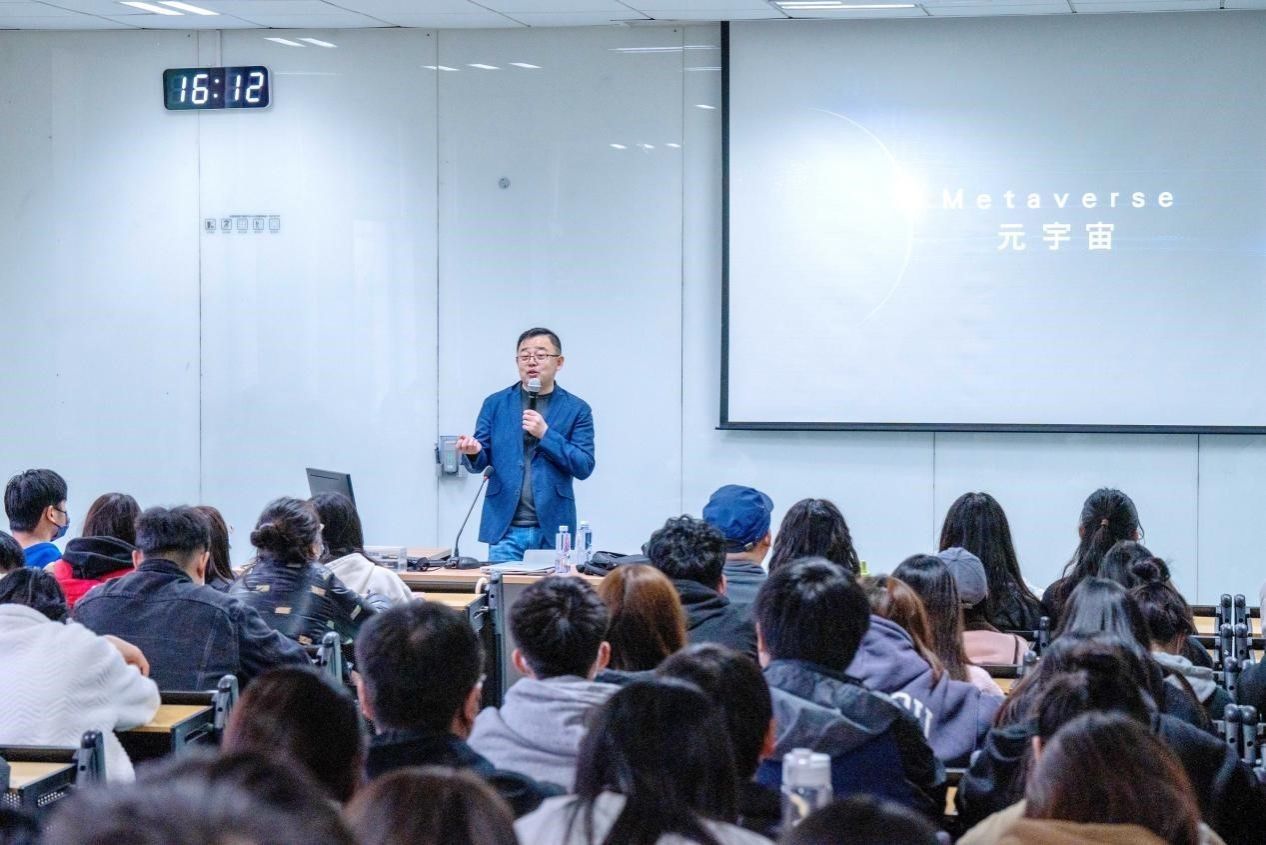
(Fig. 2) Lecture Site
Han Fudong reminisced about the heyday of Nanfang Daily during an exchange with a dozen students from the Journalism Class 2022. At that time, the influence and circulation of Nanfang Media Group were massive and the salary for the best journalists could reach RMB 15,000 to 20,000 in the mid to late 1990s, which was more than ten times the salary of the normal employee at that time and thus aimed to attract the best writers in China. The lure of the fat salary must have surpassed that of the later Internet companies. Furthermore, it could also influence domestic public opinion and even the course of specific events. As a result, a large number of nationally renowned journalists have emerged from Nanfang Media Group. Some of their works have been written into the history of journalism and are still models for domestic students to study.
Recalling the anecdotes he once had in Southern Weekend, Han Fudong said he would buy Southern Weekend every week back then, like a ritual to be performed, "He never expect that he would later become a reporter of Southern Weekend himself." From initially being recruited to the China Times because he was good at writing commentaries, to becoming involved in news writing, Han Fudong admitted that the transformation was both a challenge and a chance through time, "so I grew up to be a qualified and even excellent journalist."
"The fate of a media professional is essentially no different from that of a cab driver."
"The future of media is technology-led, with content generated from data, algorithms, and artificial intelligence. And everything is interconnected, and everything becomes media." In Han Fudong's view, the fate of a media professional is essentially no different from that of a cab driver, and more content producers are earning income by cooperating with robots. At the same time, there are still a few pioneer writers who produce personalized in-depth products, depending on the incremental amount of information and value."
In Han Fudong's view, the most interesting trend of the Internet is that it is adapting to the human mind. "This is the reason why self-publishers from different generations spring up on BBS, blogs, Weibo, WeChat, and even Douyin" It is because the progress of technology is accelerating, and also makes those who had become famous on the new media platform constantly face new challenges, "They can lead the trend for three or two years each, and then a new era arrives again." He concluded.
During the Q&A session, one student asked, "Is it that new media encourages the spread of vulgar information, while those who are really high-quality self-publishers are less likely to show up on the stage?" Han Fudong believes that this is not quite the case, as he believes that Weibo once had a huge social impact in China, for example, Yao Chen and other celebrities were meaningful to the awakening of ordinary people in society. However, Weibo became more and more commercial later and those celebrities have since fallen into silence. The alternated popularity of different self-media platforms has also brought about diversity and vitality to society, and each generation of platforms has brought people new hope. The tendency to be entertaining, although more serious in the country, is also commonly seen all over the world.
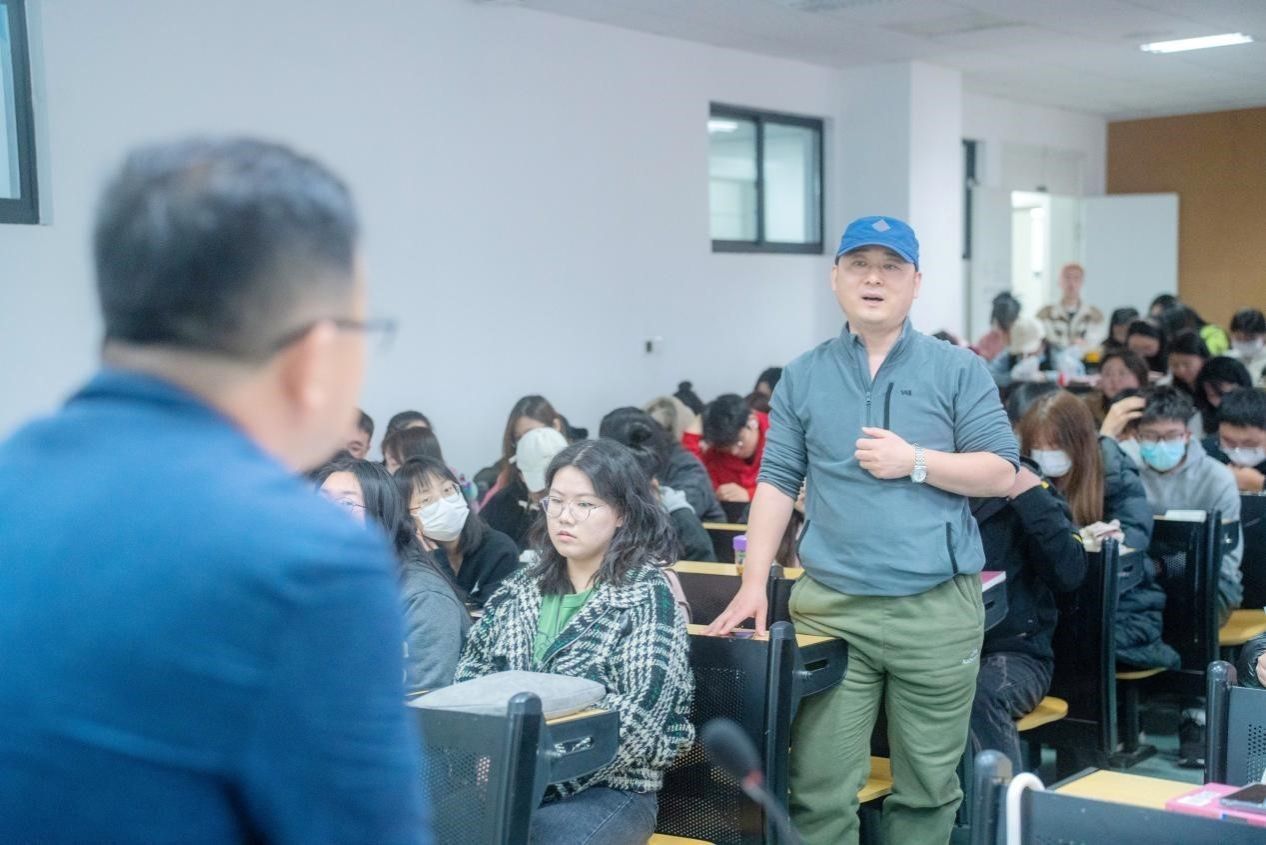
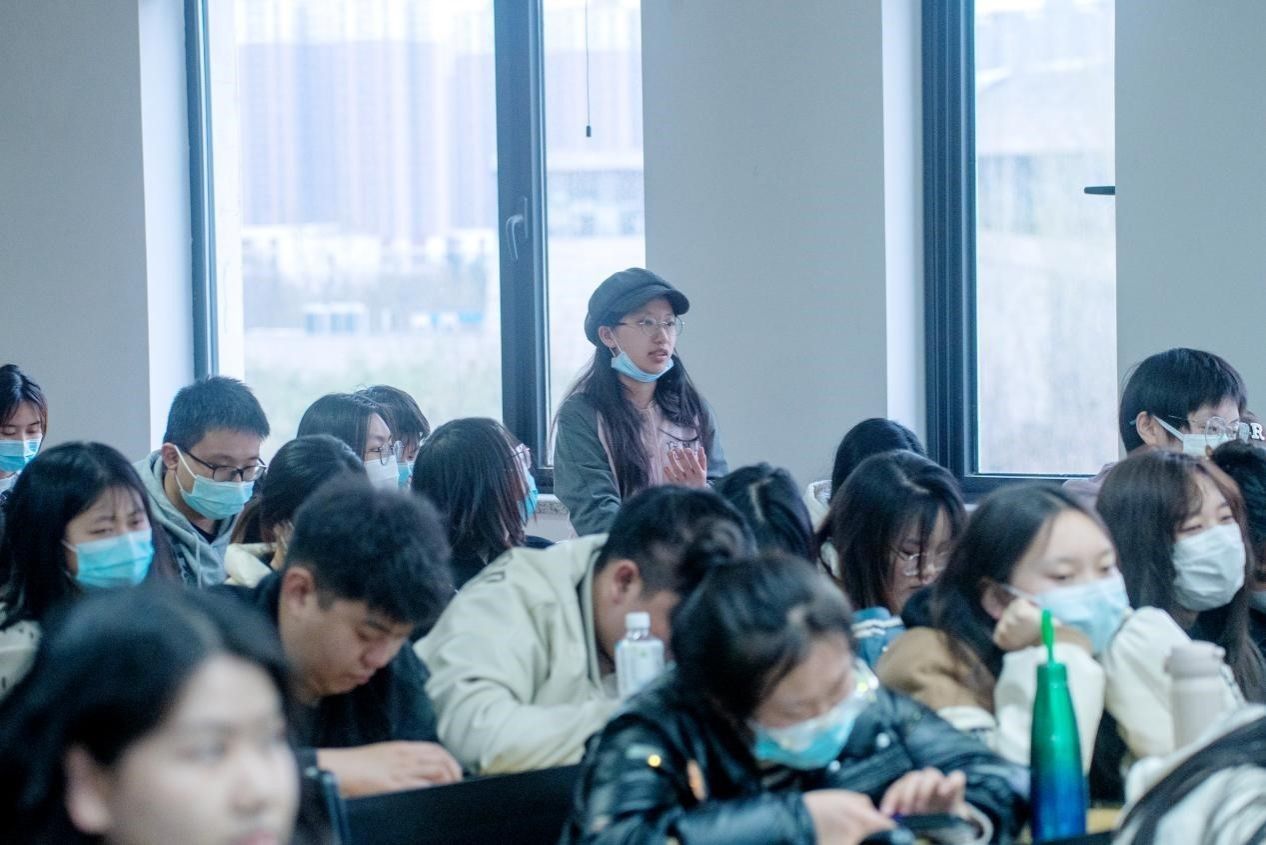
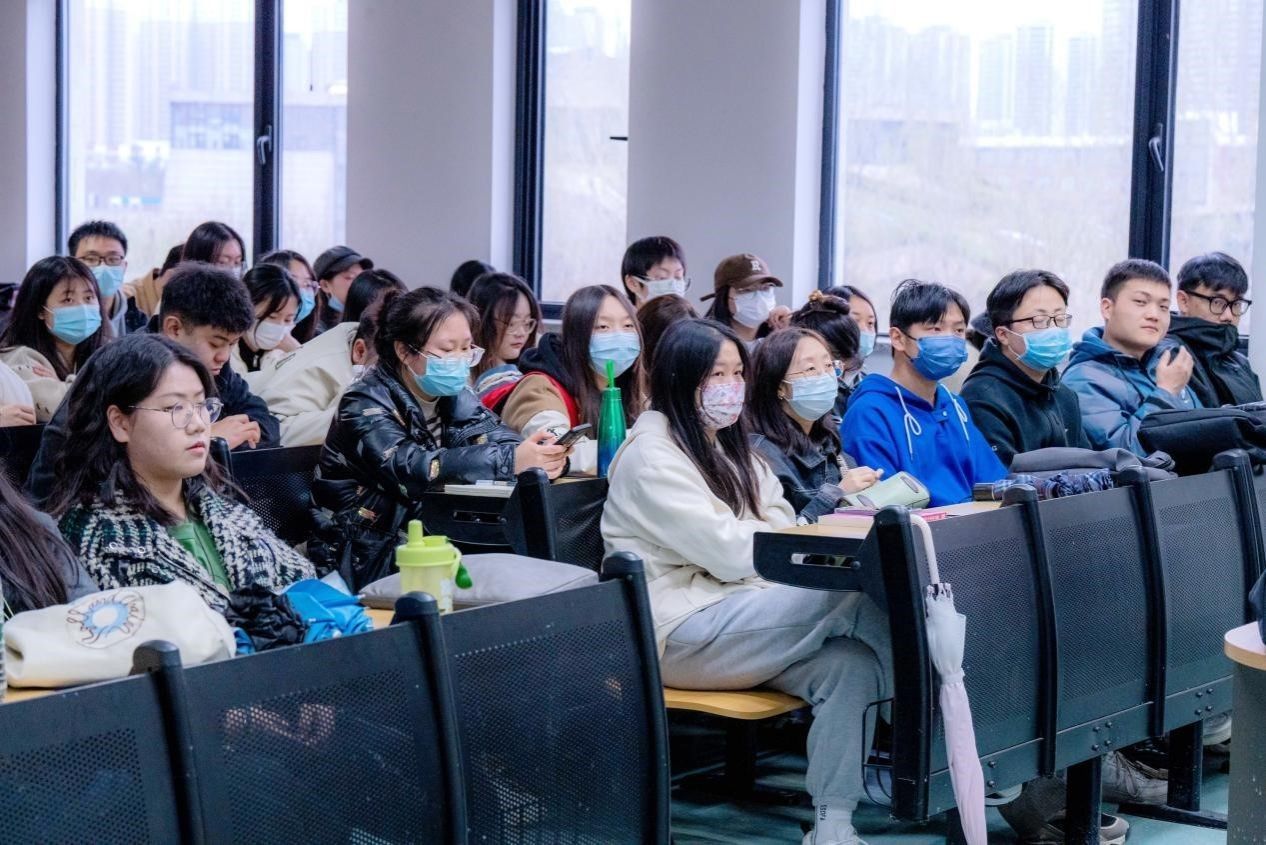
(Fig. 3) Q&A Session in the Lecture
"Is the next new media platform bound to be the same?" Han Fudong said. "Not necessarily, but the uncertainty that brings thought and challenge to humanity is that AI already presents the possibility of surpassing humans, and the way forward for such a powerful technological evolution and capability is indeed a big issue worthy of consideration for all of humanity." In his opinion, in terms of trends, the advantage of AI over natural intelligence is permanent, while the advantage of natural intelligence over AI, although currently a reality, appears to be only temporary.
At the end of the lecture, Han Fudong quoted Elon Musk's words, "I suddenly realized that you could see humans to some extent as a biological bootloader that leads to a super digital intelligence species. Human society is a very small piece of code that the computer cannot start without it. Humans were created to get the computer started. Silicon-based life ( Ai) does not seem to be able to evolve itself, but it needs bicarbon-based life (humans) as a precursor in order to evolve. Humans are nothing but the opening program for silicon-based life."
Background:
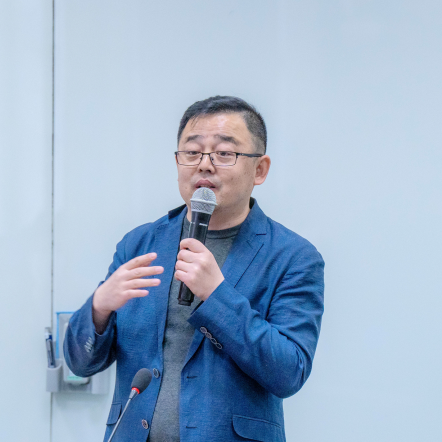
Han Fudong, media professional, columnist, and contract research fellow of Sina Think Tank. He was the Chief Reporter of Southern Metropolis Newspaper, Senior PR Expert of Alibaba, Senior Marketing Director of 360, and Director of Public Affairs of Bilibili.
He's the author of "Alibaba Iron Army" (CITIC Press, July 2017). His journalistic works have won the Third SEE-TNC Eco Award for Environmental Reporting and the First Prize in the Planning Category of the 2008 Provincial Evening Newspaper (Urban Newspaper) Good News Award in China. In March 2015, he was selected as one of "China's Top 30 Influential Self-Media on WeChat and Weibo" released by "New Media Force Ranking" jointly authorized by Sina and Tencent.
He was invited to open columns in Tencent Great Masters, Baidu Baijiahao, Qi'ehao, Toutiao, Netease Channel, Sina Column, ifeng FM, ifeng Weekly, vista, Blog World, Economic Observer, Southern Weekend, Beijing News, and China Business News.
(Contributed by School of Culture and Media / Photo by Ma Yujie)



